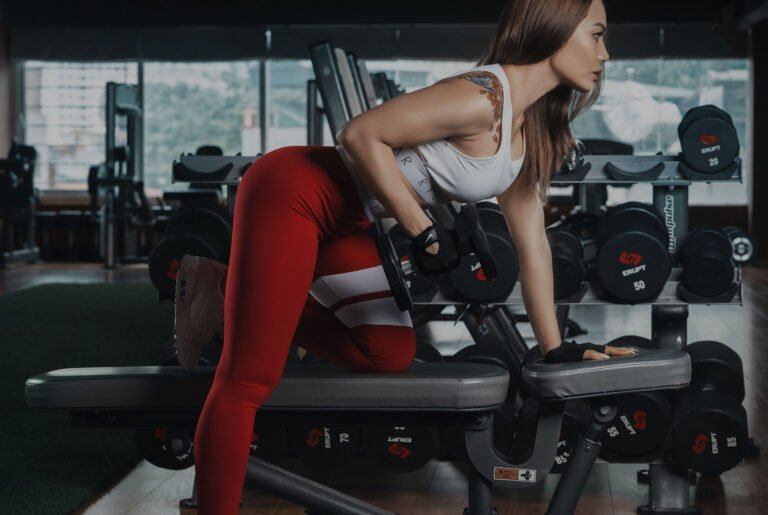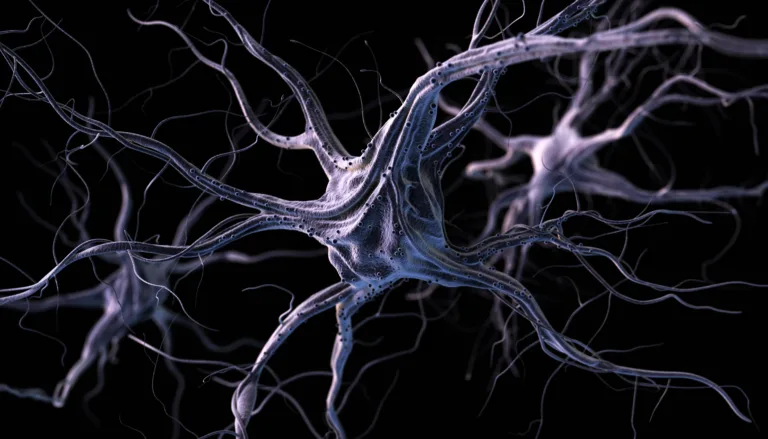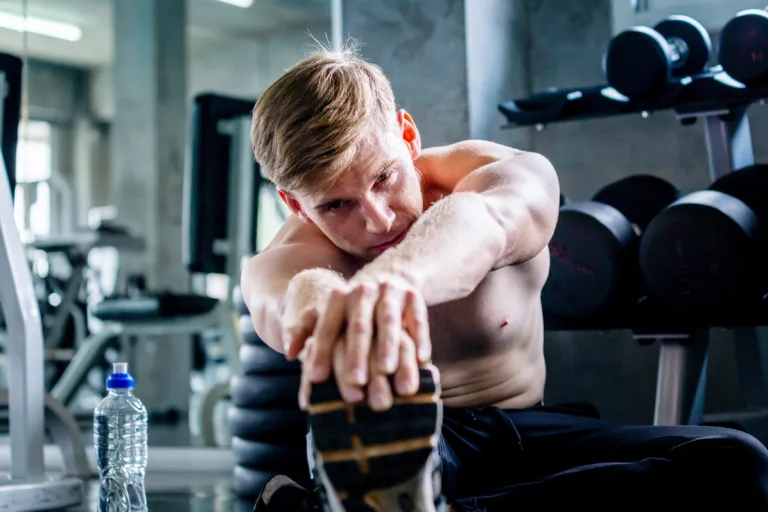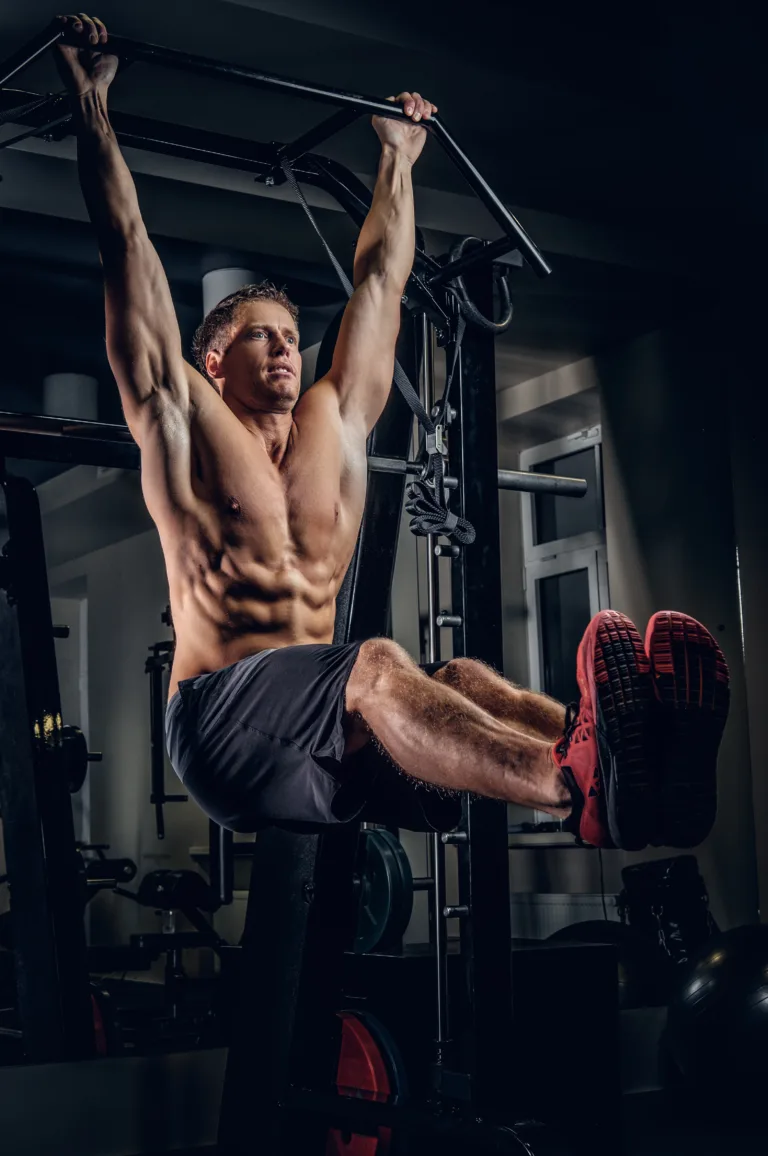Embracing My Body: How Deadlifts Helped Me Find Acceptance
Introduction to Body Acceptance
Body acceptance is a multifaceted concept that encompasses the appreciation of one’s physical self, recognizing that all bodies are unique and deserving of respect. It plays a crucial role in fostering mental health and enhancing self-esteem, impacting our overall quality of life. In an era saturated with unrealistic beauty standards perpetuated by media and social networks, many individuals struggle with negative body image, leading to feelings of inadequacy and low self-worth. This disconnect between societal expectations and personal realities can have profound effects on mental well-being, often manifesting as anxiety, depression, or disordered eating.
My personal journey of body acceptance has been fraught with challenges, stemming from years of internalizing these societal pressures. Like many, I found myself caught in a cycle of comparing my body to idealized images, which eroded my self-confidence. The turning point in my journey came unexpectedly when I discovered strength training, particularly through the practice of deadlifts. Initially an unfamiliar exercise, deadlifts soon became a critical component of my fitness routine and played a pivotal role in reshaping not only my physique but also my perception of body image.
By engaging in deadlifts and similar strength-based activities, I began to shift my focus from appearance to performance, recognizing the incredible capabilities of my body rather than adhering to a narrow definition of attractiveness. This transformation became a valuable tool in my quest for body acceptance, enabling me to appreciate the strength and resilience of my body. It is essential to understand that body acceptance is not a destination but an ongoing process that involves challenging internalized beliefs and embracing the physical self in all its forms. Through this lens, I continued to navigate my journey towards self-acceptance, cultivating a deeper appreciation for what my body can achieve.
The Power of Strength Training
Strength training is a vital component of physical fitness that extends beyond mere muscle development. Engaging in resistance exercises, such as deadlifts, has numerous benefits that can positively affect both physical and mental well-being. At its core, strength training develops lean muscle mass, which in turn boosts metabolism, enhances bone density, and improves overall body composition. These physiological changes create a stronger foundation for better health and longevity.
Moreover, the psychological benefits of strength training are equally noteworthy. Regularly participating in exercises such as deadlifts provides a sense of achievement and empowerment. As individuals progress in their strength training journey, they often experience improved self-esteem and body image. This newfound confidence can lead to a more positive outlook on life and one’s own body. The act of lifting weights serves as a reminder of one’s capabilities, fostering a mindset of resilience and determination.
Furthermore, strength training can also facilitate stress relief and emotional regulation. Engaging in workouts releases endorphins, the body’s natural mood elevators, which can reduce feelings of anxiety and promote a sense of well-being. This aspect of training is particularly significant for those who may struggle with self-acceptance. By setting and achieving fitness goals, individuals can cultivate a healthier relationship with their bodies, moving away from the constraints of societal beauty standards that often impose unrealistic ideals.
Incorporating deadlifts and other forms of strength training into one’s routine undoubtedly contributes to a more empowered and confident self. This transformative journey can help individuals embrace their bodies with acceptance and pride, recognizing their strength and capabilities. Ultimately, the benefits of strength training are profound, influencing not only physical fitness but also mental resilience and self-acceptance.
My First Deadlift Experience
The anticipation of my first deadlift was palpable as I approached the gym’s weightlifting area. Admittedly, I felt a mix of excitement and trepidation. The thought of lifting a significant amount of weight was daunting, especially as I watched seasoned lifters effortlessly maneuver heavy bars. My initial encounters with the deadlift were wrapped in feelings of intimidation; it seemed a skill reserved for those far more experienced than I was.
As I approached the bar, I vividly recall the weight’s imposing presence. Despite my initial self-doubt, I was determined to try. I set my stance, my feet shoulder-width apart, and reached down to grab the bar. The tactile sensation of cold metal against my hands sent a ripple of unease through me. However, I also felt a surge of empowerment. The deadlift isn’t merely a physical challenge; it is an exercise that demands mental fortitude. With my back straight and shoulders engaged, I pulled the bar off the ground. The initial lift was hard, but I found an unexpected resolve. The moment the weight cleared my knees, adrenaline coursed through my body, and I experienced a rush of exhilaration.
Completing my first successful deadlift instilled a profound sense of accomplishment. My legs and back engaged in a way they never had before, and the satisfaction of that lift was unmatched. Slowly, the intimidation I had felt earlier began to fade, replaced by an appreciation for my body and its capabilities. I realized that this single act of lifting weights was not just about physical strength; it was a critical step towards body acceptance. Embracing the initial challenge of the deadlift allowed me to redefine my relationship with both fitness and self-acceptance.
Overcoming Body Insecurities Through Deadlifts
Body insecurities can have a profound impact on one’s self-esteem and self-image. Many individuals, including myself, have struggled with societal pressures regarding body standards, often resulting in feelings of inadequacy. Initially, I found myself trapped in a cycle of negativity, frequently scrutinizing my appearance and comparing myself to the often unrealistic portrayals seen in media. However, my journey through deadlifts drastically altered this perspective and played a pivotal role in overcoming these insecurities.
When I first began lifting weights, particularly with deadlifts, I was surprised to discover that physical strength transcended traditional notions of beauty. As I developed the ability to lift heavier weights, I started to appreciate my body for its capabilities rather than its appearance alone. Each successful lift boosted my confidence, reinforcing the idea that my body was a tool of empowerment rather than just a vessel to conform to standards.
As the weights increased, so did my self-acceptance. The act of performing deadlifts required discipline, focus, and resilience. This commitment to strength training shifted my mindset; I began to see my body as a source of strength and not simply as something to critique. The focus on achieving personal records transformed my self-talk from negative comparisons to affirmations of progress and growth.
Moreover, deadlifts helped highlight the importance of functionality over aesthetics. I realized that my body could perform extraordinary tasks, leading to a newfound appreciation for its form, irrespective of societal ideals. As I continued engaging in this form of exercise, my self-image improved dramatically, paving the way for greater body confidence, which in turn reshaped my overall outlook on life.
The Community Aspect of Weightlifting
One of the most significant aspects of weightlifting, particularly deadlifting, is the vibrant community that often surrounds it. This community can provide unparalleled support, which is crucial for individuals on their journey to body acceptance. In gyms, weightlifters frequently encounter others who share their goals, struggles, and triumphs. The bond formed through a mutual interest in strength training fosters friendships that can extend beyond the gym environment.
Supportive relationships are integral to many lifters’ experiences. As individuals progress in their weightlifting endeavors, they often have the opportunity to connect with mentors—experienced lifters who provide guidance, encouragement, and valuable advice. Whether through sharing techniques or offering moral support during challenging workouts, mentors play a vital role in the strength training experience. This nurturing atmosphere enhances self-confidence and reinforces the notion that body acceptance is achievable through dedication and effort.
Moreover, celebrating successes as a community creates a powerful reinforcement of positive body image. Whether someone achieves a personal record in their deadlift or overcomes a plateau, sharing these moments with others who genuinely understand the effort behind them amplifies the joy of accomplishment. In contrast, the collective handling of failures’—which are natural in any fitness journey—encourages a growth mindset, reminding individuals that setbacks do not define their worth or progress.
Ultimately, the communal aspect of weightlifting not only influences physical development but also nurtures mental well-being. Embracing the victorious moments and learning from the less favorable ones together helps foster a sense of belonging, crucial for individuals working toward body acceptance. In this supportive environment, individuals feel empowered to embrace their bodies, celebrating strength and resilience in all forms.
Setting Personal Goals and Celebrating Progress
Setting personal fitness goals is a crucial component of any strength training regimen, particularly when engaging in exercises like deadlifts. Establishing achievable and realistic objectives not only provides direction but also fosters motivation throughout the journey. Whether the aim is to lift a specific weight, improve form, or simply engage in physical activity consistently, these goals should be tailored to individual capabilities and lifestyles. This personalization is essential to maintain engagement and avoid frustration as progress unfolds.
One effective strategy for achieving personal fitness goals is to break them down into smaller, manageable milestones. For instance, if a lifter aspires to reach a new deadlift max, they might focus first on improving their technique or gradually increasing their weights by small increments. Celebrating these small victories can significantly enhance one’s overall experience with strength training. Recognizing and appreciating progress—whether through improved lifting form, increased weights, or enhanced endurance—contributes positively to body image and overall self-acceptance.
Incorporating a system of rewards for achieving these incremental goals is another beneficial practice. This could involve treating oneself to new workout gear or scheduling a rest day to recover and appreciate achievements. Such acknowledgments reinforce a sense of accomplishment, motivating further progress. Moreover, sharing these successes with peers or within a fitness community can enhance the journey, providing additional support and encouragement.
Ultimately, embracing personal goals and celebrating progress is central to fostering a positive relationship with one’s body. Deadlifts and other forms of strength training not only build physical power but can also promote a healthy mindset, transforming the journey of self-acceptance into a fulfilling experience. As one recognizes the effort put into achieving their personal benchmarks, the pathway towards body acceptance becomes clearer and more empowering.
Mindset Shift: From Criticism to Acceptance
Engaging in a consistent deadlifting routine not only benefits the body physically but also facilitates a profound mental shift. Initially, many individuals harbor critical thoughts about their bodies, often influenced by societal norms and unrealistic standards of beauty. However, through the practice of strength training, such as deadlifts, one can cultivate a more positive and accepting inner dialogue. This transformation begins as lifters progressively challenge themselves, witnessing their own strength increase over time.
As I committed to the discipline of deadlifting, I started to redefine my relationship with my body. Each session at the gym was not merely a workout; it became a step towards self-appreciation. Rather than focusing solely on aesthetic outcomes, I began to appreciate the capabilities of my body. The sheer power I discovered in lifting increasing weights allowed me to shift from a mindset steeped in criticism to one that celebrated progress and functionality. With every deadlift, I learned to acknowledge my body for what it could achieve rather than how it appeared.
This newfound perspective fosters resilience against the harmful narratives often perpetuated in media. As I continuously set and accomplish fitness goals, my inner dialogue became more supportive and affirming. I found myself replacing unkind thoughts with recognition of my hard work and dedication. This shift is not instantaneous; it requires patience and self-compassion, but the rewards are noteworthy. Embracing my body through strength training has not only enhanced my physical presence but has also instigated a deeper acceptance of who I am. Rather than being my own worst critic, I transformed into my strongest ally, celebrating every milestone along this empowering journey.
Advice for Others on Their Body Acceptance Journey
Embarking on a journey toward body acceptance can be challenging, yet ultimately rewarding. For those facing struggles in this area, integrating strength training, particularly exercises like deadlifts, can be a significant step forward. Strength training not only enhances physical resilience but also fosters a deeper connection with one’s body, leading to improved self-perception. To begin, individuals are encouraged to start with basic strength exercises and gradually progress to more complex routines. Deadlifts are particularly beneficial as they engage multiple muscle groups and promote functional strength.
Finding a supportive community is crucial for personal growth and body acceptance. Surrounding oneself with like-minded individuals who share enthusiasm for fitness can provide encouragement and motivation. Many gyms and online platforms offer communities focusing on strength training where individuals can share experiences, struggles, and triumphs. Engaging in such supportive environments can mitigate feelings of isolation and promote a positive self-image. Remember, everyone’s fitness journey is unique, so it’s important to connect with those who resonate with your experiences.
An additional aspect to consider is the shift from aesthetic-based fitness goals to functional fitness objectives. Focusing on what the body can achieve, rather than how it looks, can relieve pressure and anxiety related to body image. Setting goals that emphasize performance, such as lifting a specific weight or completing a certain number of repetitions, can cultivate a sense of accomplishment that transcends appearance. This perspective allows for a more holistic approach to health and fitness, as it prioritizes strength, endurance, and overall well-being.
In conclusion, embracing body acceptance involves a multidimensional approach that includes strength training, community support, and a shift in fitness focus. By integrating these elements, individuals can cultivate a healthier relationship with their bodies and foster greater self-acceptance.
Conclusion: Embracing the Journey
In reflecting on the journey toward body acceptance fostered through the practice of deadlifts, it becomes clear that this process is not merely a destination but an ongoing endeavor. Engaging in strength training, particularly through deadlifts, has imparted valuable lessons on resilience, dedication, and self-worth. As individuals lift heavier weights, they also develop a deeper understanding of their physical capabilities, which transcends mere aesthetics.
The journey of embracing one’s body involves recognizing and celebrating one’s strengths and abilities. Deadlifts serve as a metaphor for this acceptance; every pull is a testament to hard work and determination. Each achievement in terms of weight lifted mirrors the progress made in self-perception and acceptance. As one learns to appreciate the capabilities of their body, the focus gradually shifts from appearance to performance, igniting a newfound respect for oneself.
Moreover, body acceptance extends beyond the physical realm. It encompasses embracing individuality, acknowledging imperfections, and cultivating mental resilience. In a society that often prioritizes appearance, the experience garnered from pursuing strength training can be transformative. It provides a platform for self-discovery and fosters a supportive community that values effort and perseverance over superficial standards.
Ultimately, the journey toward body acceptance may present challenges and setbacks. However, it is crucial to remember that every step taken, much like a lift in deadlifts, contributes to personal growth. By focusing on strength and the joy of movement, individuals are encouraged to embrace their unique journeys, celebrating both their achievements and the process itself. The road to acceptance is likely to have ups and downs, but with patience and perseverance, it can lead to profound self-love and acceptance.








